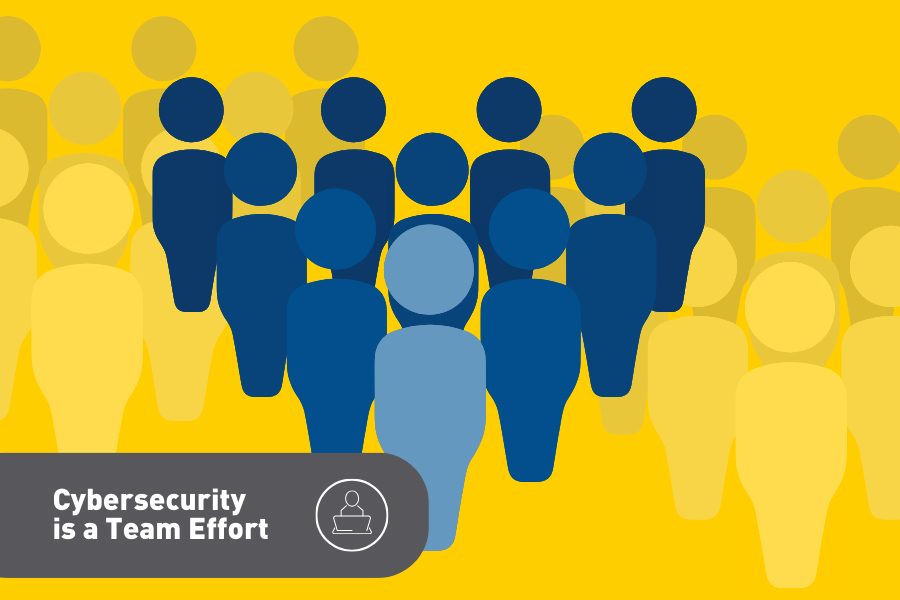
In 2021, about 75 per cent of all fraud reports lodged with the Canadian Anti-Fraud Centre were linked to cyber-related incidents. It’s timelier than ever for individuals to gain knowledge and take measures to protect against cybercrime. Learn how to protect yourself and the campus community.
Safe Browsing Habits
Before you venture online, ensure your device is in peak condition by using a browser with the latest updates. Connect securely via the University’s GlobalProtect VPN, especially when off-campus and connecting to public Wi-Fi. Another useful tip is to streamline your browsing experience by designating specific browsers for work and personal use.
Navigate the web cautiously and steer clear of dubious websites. Scrutinize links before clicking, especially in emails or ones offering something that is too good to be true.
When shopping online, opt for reputable stores and ensure there is a secure connection by checking for secure sites with the padlock symbol in the address bar. After shopping, log out from the website. One more measure is to dedicate a separate credit card for online shopping to spot suspicious charges quickly.
Find more details on our safe browsing tips webpage.
Choose a Password with Care
When signing up for new online accounts, choose a strong and unique password. Avoid re-using passwords across accounts. When possible, use multifactor authentication. This may seem like an extra step to access an account, but it is one more layer protecting your private information from hackers.
Review additional information on our password care webpage.
Cybersecurity is a shared responsibility. By adopting these practices, you contribute to a safer online environment for yourself and the Lancer community. Stay vigilant and protect your digital presence.
Led by Information Technology Services, Cybersecurity Awareness Month efforts highlight electronic data safety issues relevant to the UWindsor community. Find helpful resources at uwindsor.ca/cybersecurity.
